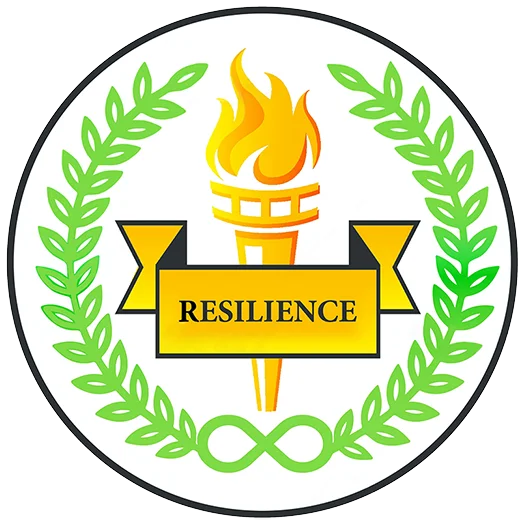What can you do in your daily life to increase your emotional intelligence and create a more effective, welcoming work environment?
- Collaborate with peers
- Take advantage of mental health coverage under your insurance plan
- Contact the Human Resources department to inquire if psychologists are on staff
- Discuss an individualized work schedule with your employer that is flexible with your outside schedule
- Budget your time to comfortably meet deadlines
- Exert self-control to avoid outbursts, in cases of failure. Calmly discuss what went wrong and explore solutions you’re your colleagues.
- Compartmentalize your emotions. Focus on work-related emotions in the workplace and confront emotions regarding your personal life later.
- Explore relaxation techniques. Take a walk to self-reflect during an intense situation, take deep breaths while counting to 10, or consult a confidant about the situation.
- Communicate with peers and clarify the context of a situation, in order to avoid making false assumptions that create an unnecessary issue.
- Exercise regularly to keep up your physical health, as its upkeep is vital to a healthy lifestyle
- Avoid making impulsive decisions by halting communication with peers when angry. This can be done by typing up a message to the individual you’re unhappy with, saving it as a draft, and editing it when you’re in a clearer state of mind.
- Be aware of the things that trigger your emotions so that you’re prepared to calmly address them when forced with facing them.
- Treat your colleagues with respect, regardless of whether or not they reciprocate that respect.
- Own up to your mistakes. Apologize for any outbursts or negative behavior.
- Consult online resources such as the Association for Talent Development, the Consortium for Research on Emotional Intelligence in Organizations, or the University Consulting Alliance

